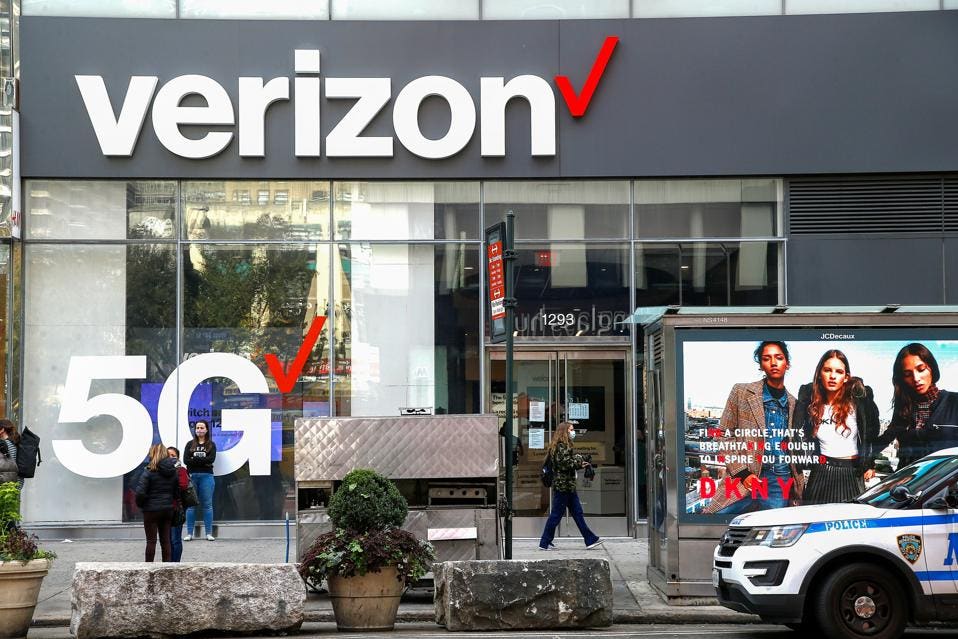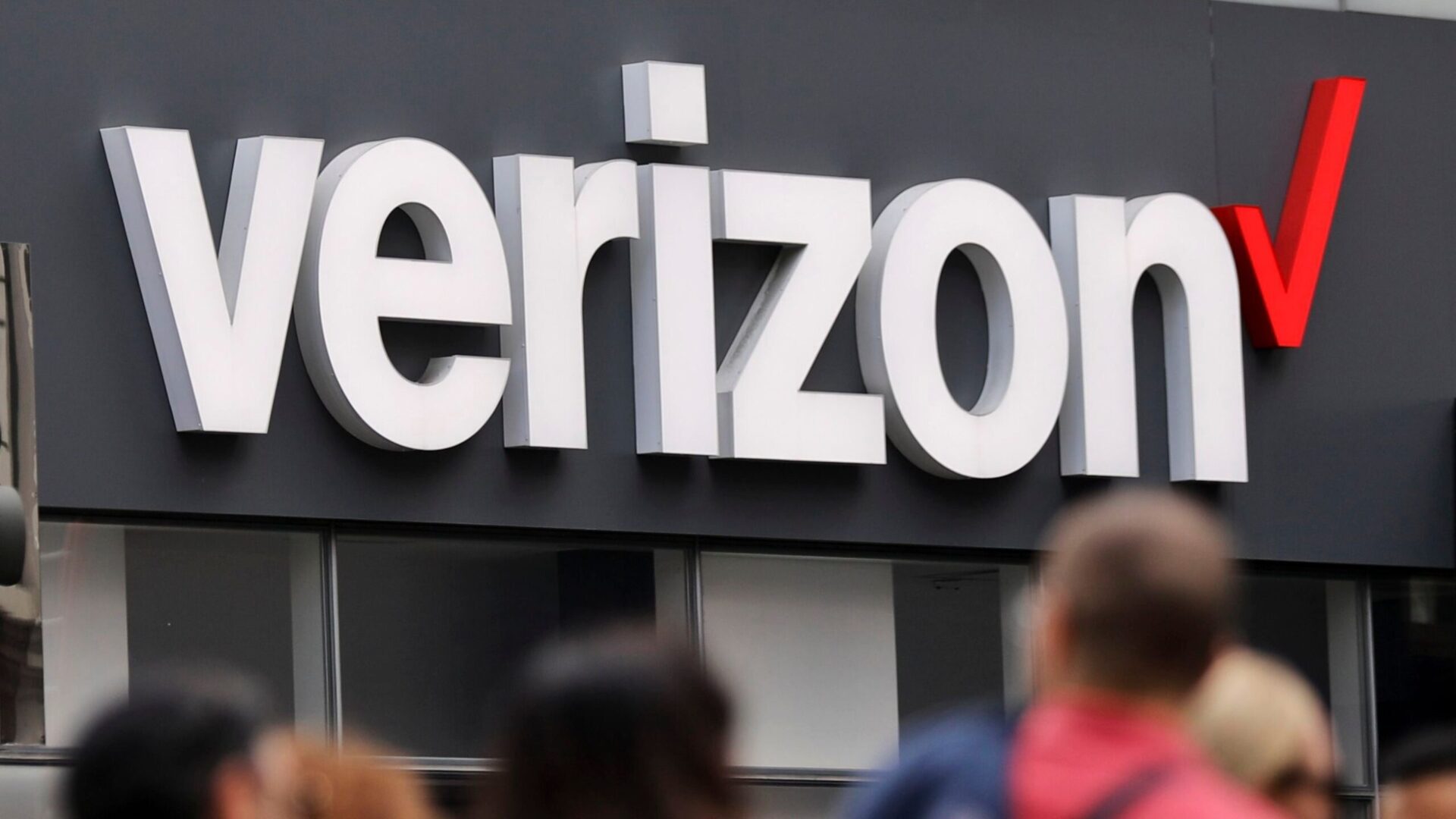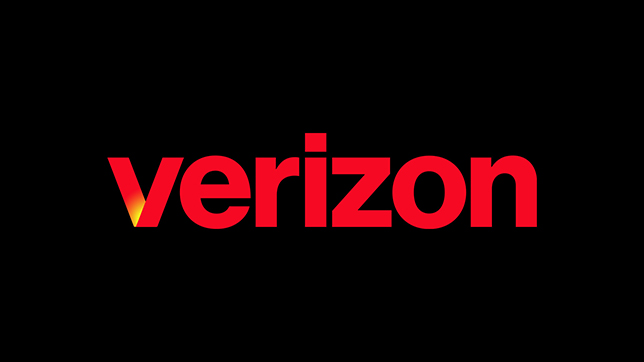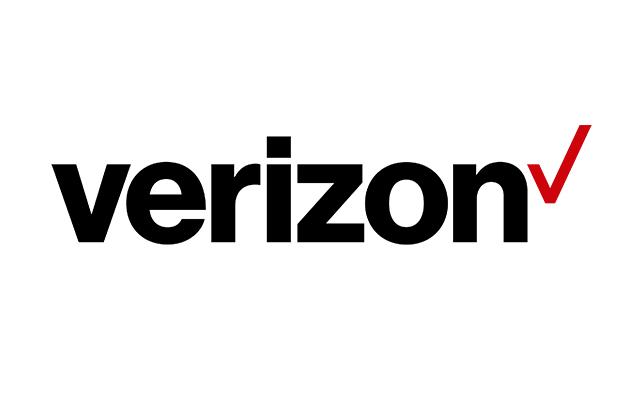Verizon Communications Inc. (NYSE:VZ) Earnings Preview and Financial Health

- Verizon is set to release its quarterly earnings on January 24, 2025, with expectations of an EPS of $1.11 and revenue of approximately $35.49 billion.
- The company has experienced a price correction but shows signs of stabilizing fundamentals with a recent dividend declaration and earnings forecast.
- Despite slight decreases in earnings estimates for 2024 and 2025, Verizon has consistently surpassed earnings expectations in the past four quarters.
Verizon Communications Inc. (NYSE:VZ) is a major player in the telecommunications industry, providing wireless services, broadband, and digital media. As it prepares to release its quarterly earnings on January 24, 2025, analysts have set expectations for an earnings per share (EPS) of $1.11 and revenue of approximately $35.49 billion. Verizon competes with other telecom giants like AT&T and T-Mobile.
Verizon is currently experiencing a price correction, which has widened the gap between its stock price and intrinsic value. Despite this, the company's fundamentals are stabilizing, as highlighted by its recent dividend declaration and earnings forecast. However, growth pressures remain a concern. The Zacks Consensus Estimate projects sales at $35.4 billion and earnings at $1.09 per share for the upcoming quarter.
Over the past month, Verizon's earnings estimates for 2024 have slightly decreased from $4.60 to $4.59 per share, and for 2025, from $4.71 to $4.70 per share. Despite these minor adjustments, Verizon has consistently surpassed earnings expectations in the past four quarters, with an average earnings surprise of 1.34%. In the most recent quarter, the company achieved an earnings surprise of 0.85%.
Verizon's financial metrics provide insight into its market position. The company has a price-to-earnings (P/E) ratio of approximately 16.78, indicating the price investors are willing to pay for each dollar of earnings. Its price-to-sales ratio is about 1.22, suggesting that investors are paying $1.22 for every dollar of sales. The enterprise value to sales ratio is around 2.48, reflecting the company's total valuation compared to its sales.
The company's debt-to-equity ratio is approximately 1.81, showing that Verizon uses a significant amount of debt compared to its equity. The current ratio is around 0.66, indicating the company's ability to cover its short-term liabilities with its short-term assets. Investors are advised to approach with caution as Verizon appears to be in a balanced position ahead of its earnings report.
| Symbol | Price | %chg |
|---|---|---|
| TLKM.JK | 3490 | 4.01 |
| DNET.JK | 9000 | 0 |
| AMX.BA | 34660 | 0 |
| ISAT.JK | 1905 | -1.05 |

Evercore ISI Maintains "Outperform" Rating for Verizon Communications Inc. (NYSE:VZ) Amid Leadership Transition
- Evercore ISI has maintained its "Outperform" rating for Verizon Communications Inc. (NYSE:VZ), despite recommending to "hold" the stock due to leadership changes and industry uncertainty.
- Verizon appoints former PayPal CEO Dan Schulman as its new CEO, succeeding Hans Vestberg, leading to a 4% decline in stock price.
- The leadership transition is expected to focus on expanding Verizon's market share and achieving growth in key financial metrics under Schulman's guidance.
On October 6, 2025, Evercore ISI maintained its "Outperform" rating for Verizon Communications Inc. (NYSE:VZ), with the stock priced at $41.44. Despite this positive rating, the recommendation is to "hold" the stock. The announcement comes amid a significant leadership transition, as highlighted by TheFly, which is causing uncertainty in the wireless industry.
Verizon has appointed Dan Schulman, the former CEO of PayPal, as its new CEO, succeeding Hans Vestberg. This leadership change has led to a 4% decline in Verizon's stock, now priced at $41.92, below its 200-day moving average. The stock is forming a long saucer-with-handle base, with a buy point at $45.75.
Hans Vestberg, who led Verizon since 2018, was instrumental in developing the company's 5G network strategy. He will remain as a special advisor until October 2026 and focus on integrating Frontier Communications, a $20 billion acquisition. Vestberg expressed confidence in Schulman, who aims to expand Verizon's market share and achieve growth in key financial metrics.
The leadership change has also impacted Verizon's competitors. AT&T's stock fell by 3% to $26.24, while T-Mobile's stock decreased by 2.7% to $224.07. Mark Bertolini, CEO of Oscar Health and newly appointed chairman of Verizon's board, praised Schulman for his transformative leadership and operational excellence, emphasizing his potential to lead Verizon into a new phase of customer focus and financial growth.
Verizon's stock, currently at $41.44, has experienced a 5.11% decrease, dropping $2.23. The stock's trading range for the day was between $41.35 and $43.38. Over the past year, Verizon's stock has fluctuated between a high of $47.36 and a low of $37.59. The company's market capitalization is approximately $174.72 billion, with a trading volume of 73,996,883 shares on the NYSE.

Verizon Communications Inc. (NYSE:VZ) Faces Challenges Amidst Optimistic Price Target
- Goldman Sachs analyst Michael Ng sets a price target of $49 for Verizon Communications Inc. (NYSE:VZ), indicating a potential increase of 10.78% from its current price.
- Verizon experiences significant service outages affecting thousands of customers due to a "software issue."
- The company's stock shows some volatility with a year high of $47.36 and a low of $37.59, amidst a market capitalization of approximately $186.49 billion.
Verizon Communications Inc. (NYSE:VZ) is a major player in the telecommunications industry, providing wireless services to millions of customers across the United States. The company competes with other telecom giants like AT&T and T-Mobile. On September 2, 2025, Michael Ng from Goldman Sachs set a price target of $49 for Verizon, suggesting a potential increase of 10.78% from its current price of $44.23.
Despite this optimistic outlook, Verizon recently faced a significant challenge. Thousands of customers experienced service outages due to a "software issue" affecting wireless services. The company acknowledged the problem and is actively working to resolve it. This incident led to a spike in reports on Downdetector, with over 23,600 users affected by Saturday evening.
Verizon's stock is currently priced at $44.23, with a recent change of $0.30, reflecting a 0.68% increase. During the trading day, the stock fluctuated between $43.93 and $44.29. Over the past year, Verizon's stock has seen a high of $47.36 and a low of $37.59, indicating some volatility in its performance.
The company has a substantial market capitalization of approximately $186.49 billion, highlighting its significant presence in the market. Today's trading volume for Verizon stands at 11,001,163 shares on the New York Stock Exchange, showing active investor interest despite the recent service disruptions.

Verizon Raises Outlook After Earnings Beat, Shares Rise 4%
Verizon (NYSE:VZ) shares rose 4% today after the telecom giant reported second-quarter results that topped expectations and raised the lower end of its full-year earnings guidance, driven by strong wireless service demand and solid uptake of premium plans.
The company now expects adjusted earnings per share to grow between 1% and 3% for the year, narrowing and lifting the previous forecast of 0% to 3%. Verizon also raised its core profit guidance, projecting adjusted EBITDA growth of 2.5% to 3.5%, compared to the prior range of 2% to 3.5%.
For the second quarter, adjusted EBITDA increased 4.1% year-over-year to $12.8 billion, surpassing consensus estimates of $12.67 billion. Total operating revenue rose 5.2% to $34.5 billion, beating the expected $33.76 billion.
Wireless service revenue climbed 2.2% to $20.9 billion, driven by customers opting for higher-tier plans that bundle in features like streaming services. The results reflect Verizon’s ongoing strategy to enhance revenue through premium offerings and customer retention, providing a boost to both top-line growth and profitability.

Verizon Communications Inc. (NYSE: VZ) Surpasses Q2 Earnings and Revenue Estimates
- Verizon's EPS of $1.22 exceeded the estimated $1.19, showcasing its strong performance.
- The company's revenue reached $34.5 billion, surpassing the estimated $33.7 billion.
- Verizon raised its financial guidance for the year, indicating confidence in continued growth.
Verizon Communications Inc. (NYSE:VZ) is a major player in the telecommunications industry, providing wireless services, broadband, and other communication solutions. On July 21, 2025, Verizon reported earnings per share (EPS) of $1.22, surpassing the estimated $1.19. The company also reported actual revenue of $34.5 billion, exceeding the estimated $33.7 billion. This strong performance underscores Verizon's robust business model and market position.
Verizon's CEO, Hans Vestberg, appeared on 'Squawk Box' to discuss the company's second-quarter earnings results. He emphasized the resilience and strength of Verizon's business, reflecting confidence in its performance. The company has increased the lower end of its annual profit forecast, driven by strong demand for its premium plans. This adjustment follows better-than-expected earnings for the second quarter, highlighting Verizon's ability to adapt and thrive in a competitive market.
Verizon has raised its financial guidance for adjusted EBITDA, adjusted EPS, and free cash flow, following a robust performance in the second quarter. The company reported strong financial results and customer growth, solidifying its position as America's leading network with the highest number of mobility and broadband customers. In the second quarter of 2025, Verizon's wireless service revenue grew to $20.9 billion, and the company expanded its high-quality customer base by adding over 300,000 net additions across mobility and broadband sectors.
Verizon's efforts in leveraging AI technology to enhance its operations and services have contributed to its success. The company has deepened customer relationships by offering segmentation and innovative products and services such as the Best Value Guarantee, myPlan, myHome, My Biz Plan, and a customer service transformation. For the 35th time, J.D. Power recognized Verizon for best wireless network quality, and RootMetrics' first half of 2025 Awards named Verizon the nation's best, fastest, and most reliable 5G network.
Verizon's financial metrics provide insights into its market valuation and cash flow efficiency. The company's price-to-earnings (P/E) ratio is approximately 9.70, indicating the market's valuation of its earnings. Its price-to-sales ratio stands at about 1.27, reflecting its market value relative to its revenue. Verizon's enterprise value to sales ratio is around 2.50, and its enterprise value to operating cash flow ratio is approximately 8.98. The earnings yield for Verizon is about 10.31%, offering a perspective on the return on investment. The company's debt-to-equity ratio is approximately 1.67, highlighting its financial leverage, while its current ratio of about 0.61 indicates its short-term liquidity position.

Verizon Communications Inc. (NYSE:VZ) Overview: Key Financials and Upcoming Events
- Verizon reported impressive revenues of $134 billion in 2023, highlighting its strong market presence.
- Chairman and CEO Hans Vestberg is scheduled to speak at the J.P. Morgan Global Technology, Media and Communications Conference, an event significant for investors.
- Insider trading activity by Executive Vice President and Group CEO of VZ Business, Malady Kyle, could indicate executive perspectives on the company's stock value.
Verizon Communications Inc. (NYSE:VZ) is a major player in the global technology and communications sector. The company, based in New York City, offers a wide array of services, including data, video, and voice solutions. Verizon is known for its focus on mobility, reliable network connectivity, and security. In 2023, Verizon reported impressive revenues of $134 billion, underscoring its strong market presence.
Hans Vestberg, Verizon's Chairman and CEO, is scheduled to speak at the J.P. Morgan Global Technology, Media and Communications Conference on May 14. This event is significant for investors and stakeholders, as Vestberg's insights could provide valuable information about Verizon's future strategies and market position. The presentation will be accessible via webcast, with details available on Verizon’s Investor Relations website.
Recently, Malady Kyle, Executive Vice President and Group CEO of VZ Business, sold 9,701 shares of Verizon's common stock at $43.81 per share. This insider trading activity, filed under Form 4 with the SEC, leaves Kyle with 307 shares. Such transactions can sometimes indicate an executive's perspective on the company's stock value or personal financial planning.
Verizon's current stock price is $43.61, showing a slight increase of 0.0003, or approximately 0.07%, today. The stock has fluctuated between $43.32 and $43.88 during the trading day. Over the past year, Verizon's stock has seen a high of $47.36 and a low of $37.59, reflecting the market's dynamic nature. The company's market capitalization stands at approximately $183.87 billion, highlighting its significant size in the industry.
Today's trading volume for Verizon is 7,742,605 shares, indicating active investor interest. As Verizon continues to navigate the competitive landscape, its performance at the J.P. Morgan conference and recent insider trading activities may influence investor sentiment and the company's stock trajectory.

Verizon Communications Inc. (NYSE:VZ) Overview: Key Financials and Upcoming Events
- Verizon reported impressive revenues of $134 billion in 2023, highlighting its strong market presence.
- Chairman and CEO Hans Vestberg is scheduled to speak at the J.P. Morgan Global Technology, Media and Communications Conference, an event significant for investors.
- Insider trading activity by Executive Vice President and Group CEO of VZ Business, Malady Kyle, could indicate executive perspectives on the company's stock value.
Verizon Communications Inc. (NYSE:VZ) is a major player in the global technology and communications sector. The company, based in New York City, offers a wide array of services, including data, video, and voice solutions. Verizon is known for its focus on mobility, reliable network connectivity, and security. In 2023, Verizon reported impressive revenues of $134 billion, underscoring its strong market presence.
Hans Vestberg, Verizon's Chairman and CEO, is scheduled to speak at the J.P. Morgan Global Technology, Media and Communications Conference on May 14. This event is significant for investors and stakeholders, as Vestberg's insights could provide valuable information about Verizon's future strategies and market position. The presentation will be accessible via webcast, with details available on Verizon’s Investor Relations website.
Recently, Malady Kyle, Executive Vice President and Group CEO of VZ Business, sold 9,701 shares of Verizon's common stock at $43.81 per share. This insider trading activity, filed under Form 4 with the SEC, leaves Kyle with 307 shares. Such transactions can sometimes indicate an executive's perspective on the company's stock value or personal financial planning.
Verizon's current stock price is $43.61, showing a slight increase of 0.0003, or approximately 0.07%, today. The stock has fluctuated between $43.32 and $43.88 during the trading day. Over the past year, Verizon's stock has seen a high of $47.36 and a low of $37.59, reflecting the market's dynamic nature. The company's market capitalization stands at approximately $183.87 billion, highlighting its significant size in the industry.
Today's trading volume for Verizon is 7,742,605 shares, indicating active investor interest. As Verizon continues to navigate the competitive landscape, its performance at the J.P. Morgan conference and recent insider trading activities may influence investor sentiment and the company's stock trajectory.

Verizon Communications Inc. (NYSE: VZ) Surpasses Earnings Expectations
- Verizon reported an EPS of $1.19, beating the estimated $1.15 and reflecting a 3.48% earnings surprise.
- The company's revenue for the quarter was $33.49 billion, exceeding estimates and showcasing year-over-year growth.
- Verizon's financial health is underscored by a favorable P/E ratio of 10.18 and a strong return on investment with an earnings yield of approximately 9.82%.
Verizon Communications Inc. (NYSE: VZ) is a major player in the telecommunications industry, providing wireless services, broadband, and digital media. Competing with giants like AT&T and T-Mobile, Verizon has consistently demonstrated strong financial performance. On April 22, 2025, Verizon reported earnings per share (EPS) of $1.19, surpassing the estimated $1.15, as highlighted by Zacks.
This quarter's earnings surprise of 3.48% reflects Verizon's ability to outperform market expectations. In the previous quarter, Verizon also exceeded expectations with an EPS of $1.10 against an anticipated $1.09, resulting in a 0.92% surprise. Over the past four quarters, Verizon has consistently surpassed consensus EPS estimates, showcasing its robust financial management.
Verizon's revenue for the quarter ending March 2025 was $33.49 billion, exceeding the Zacks Consensus Estimate by 0.48%. This marks an increase from the $32.98 billion reported in the same period last year. Verizon has exceeded consensus revenue estimates twice in the last four quarters, reinforcing its strong market position in the Zacks Wireless National industry.
Verizon's financial metrics provide insight into its market valuation. With a price-to-earnings (P/E) ratio of approximately 10.18, the market values Verizon's earnings favorably. The price-to-sales ratio of about 1.32 and enterprise value to sales ratio of around 2.54 further reflect its market value relative to revenue and total valuation compared to sales.
The company's financial leverage is highlighted by a debt-to-equity ratio of approximately 1.70. Verizon's current ratio of around 0.63 indicates its ability to cover short-term liabilities with short-term assets. An earnings yield of about 9.82% suggests a strong return on investment for shareholders, emphasizing Verizon's financial health and stability.







